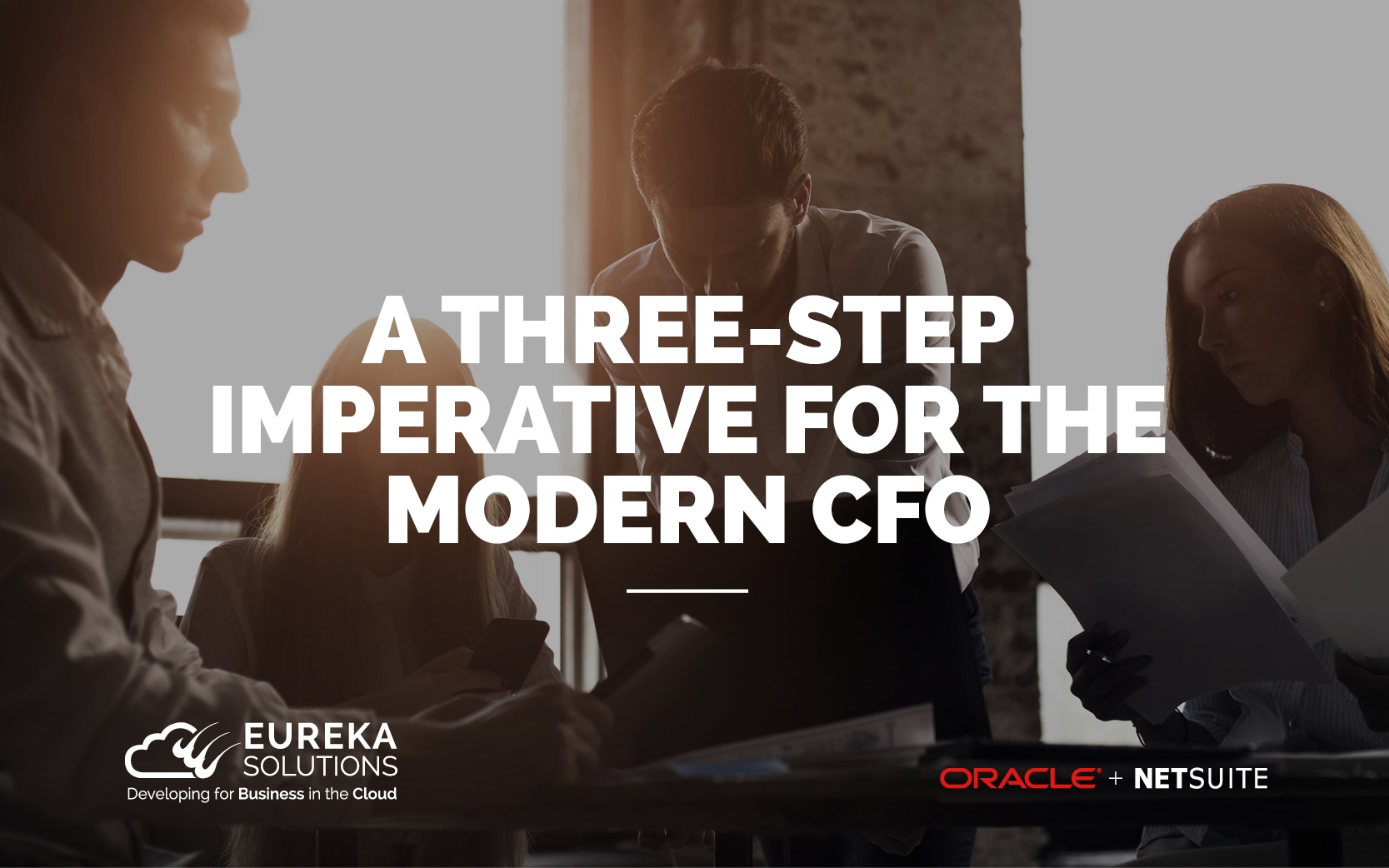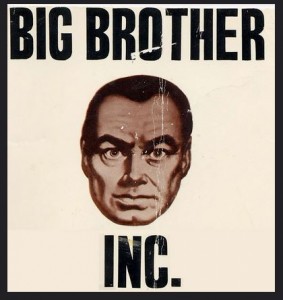— August 16, 2017

CFOs today face several ever-evolving challenges. Digital disruption continues to change the way business gets done everywhere from self-driving cars to closing the books. Additionally, businesses embracing hybrid business models that are bridging the internet-brick and mortar gap need to experiment and innovate without spending significant amounts of capital and resources. Meanwhile, globalisation demands that companies comply with local laws and accounting requirements while simultaneously managing operations in each country. And, as if all of this is not enough, regulatory burdens continue to grow and the CFO still needs to hit the quarterly numbers.
In order to be successful in this ever changing, chaotic business environment it is essential that a CFO:
- Lead by Focusing Resources on What Matters Most
- Transform Proactively and Reactively
- Operate the Finance Function Effectively and Efficiently
Lead by Focusing Resources on What Matters Most
No one is better positioned to help the organization concentrate on priorities. It is the CFO that leads the planning process, establishing the goals and how funds will be invested each year. Business acumen and expertise are important skills for a CFO to be able to focus the organization on key deliverables, but just as importantly the CFO needs a scalable infrastructure that can provide a single source of truth and actionable business intelligence. Combining business acumen and expertise with NetSuite’s unified data model, the CFO can deliver on actionable business intelligence across the entire enterprise by putting real-time data in the hands of the decision makers, on any device, at any time.
If the new model is successful, and the business grows continuously, the CFO needs to be wary of interrupting business momentum when the need to scale demands a new system and infrastructure. That’s where cloud platforms can future proof the business to scale, adapt and evolve. More importantly, multi-tenant cloud platforms ensure that customizations are carried forward and innovation is always current.
Transform Proactively and Reactively
The best way a CFO can make sure that the organization thrives is to put in place a flexible infrastructure that can react to an ever-changing environment. Today’s CFOs need a platform that does not compromise between scalability and control. As competitors innovate offering new products and/or services and new business models arise CFOs will need not only the functionality to deal with emerging challenges such as recurring billing but also a flexible platform to test and trial on newly emerging business models. In retail for example, businesses need a platform to test and configure a seamless shopping experience whether the customer is shopping online from a desktop or mobile device, or in a bricks and mortar store.
As business goes global, the CFO has to facilitate the transformation of multi-currency, multi-lingual, multi-book and different statutory requirements with efficiency. Failure to do so can result in degrading a company’s operational consistency, controls and visibility into foreign operations. Companies that have very large, rigid headquarters systems that cannot be quickly deployed forgoes the effort and the result is less visibility, less operational consistency and control. In these situations, the goal of maintaining one version of the truth is unobtainable.
Operate the Finance Function Effectively and Efficiently
While leading and transforming, the CFO has another thing to do – run the finance function in an effective an efficient manner. In some cases, this can be more demanding than anything else a CFO does, but it must be done, and done very well. With the ever-increasing amount of regulations, tax laws that are local, state, national and international, maintaining strong internal controls and corporate governance, and reporting information that is accurate, actionable and readily available can be enough of a challenge by themselves. Embracing the right software platform can make managing this menagerie simple.
Today’s CFOs should look at software companies that have considerable experience with organisations across industries, that can use that experience to ensure that best practices for things like corporate governance and controls are baked into the standard offerings. It is also important to get the information into the hands of decision makers in a timely and accurate manner. The standard approach of generating reports is (often through Excel spreadsheets) is no longer sufficient. CFOs need a system that puts actionable business intelligence and alerts in the hands of decision makers in real-time via mobile devices.
Are You an Old Version CFO?
Gone are the days of the Bean Counter! New regulations, new business models, the advent of big data, and exponential technology improvements requires that the CFO handle
broader responsibilities beyond effectively and efficiently operating the finance function. Financial acumen is a must for today’s CFOs, but they must also possess strategic skills to help transform the organization and be able to have operational insight to lead. Using the old heavy rigid ERP offerings will not provide the tools to be nimble and break out of the “Old CFO” mould.
Business & Finance Articles on Business 2 Community
(38)
Report Post






